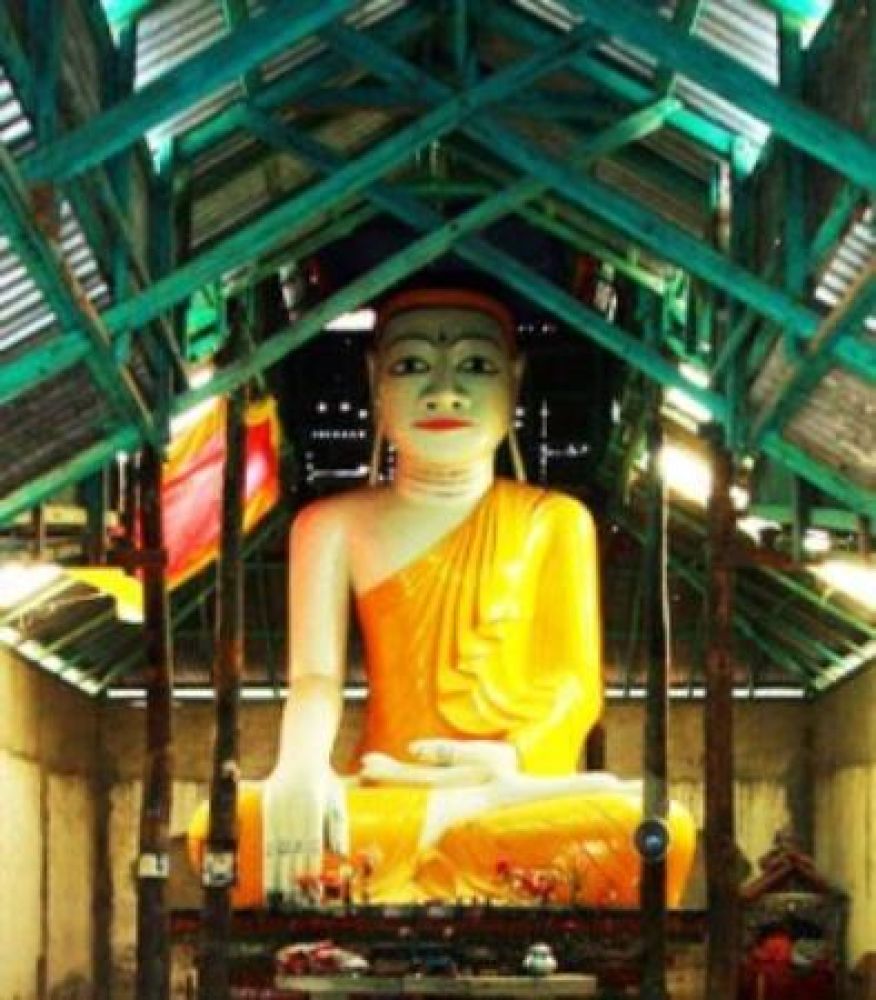

Kuakata, in the southern part of Bangladesh, is a rare scenic beauty spot on the southernmost tip of the country. Historically, the name Kuakata originated from the word 'Kua'—the Bengalese word for "well"—which was dug on the seashore by the early Rakhine settlers in quest of collecting drinking water, who landed on Kuakata coast after being expelled from Arakan (Myanmar) during the Mughal period.
Kuakata is known for its panoramic sea beach where tourists can watch both the sunrise and sunset. It is located in the Patuakhali district and is about 320 km from Dhaka, the capital city of Bangladesh. The unique customs and costumes of the 'Rakhine' tribal families and their century-old traditions signify the cultural attributes of the area.
The history of tourism in Kuakata is intertwined with the Buddhist heritage and the breathtaking natural environment of the region. The temple, known as the Kuakata Buddhist Temple, is part of this allure, which has contributed significantly to the local tourism sector. Recognized for its tranquil setting and religious significance, it is a place of worship and a site of pilgrimage for Buddhists from around the region, as well as a cultural attraction for visitors.
The entrance of Buddhist tourists to the region has also been a catalyst for local tourism development. With the growth of religious tourism, travelers began to appreciate the broader aspects of Kuakata, including its beaches, forests, and local crafts.
In recent years, there has been a significant development in the tourist facilities around the Kuakata area. The latest trend includes the construction of better road networks, improved accommodation facilities, and the introduction of various water sports and beach activities. Ecotourism has also seen a rise, with visitors keen to experience the area's natural beauty without causing environmental damage.
Another trend is the increase in local festivals, which attract tourists to experience local culture and traditions. Festivals such as the 'Rush Purnima' and 'Maghi Purnima' are some of the cultural events where thousands of pilgrims and visitors gather at Kuakata.
The government of Bangladesh has also recognized Kuakata's potential as a tourism hotspot and has invested in infrastructure and promotional activities, integrating the area more significantly in the national tourism circuit. The future of tourism in Kuakata looks bright, with various initiatives in place aiming to encourage sustainable and responsible tourism that respects the local community and its heritage.
In summary, both the natural allure and the spiritual significance of the Kuakata Buddhist Temple continue to draw visitors from across the globe, promising a serene and enriching experience in one of Bangladesh's most treasured locales.